Homophobia Is Part of Putin’s War Plan
Homophobia Is Part of Putin’s War Plan
Why anti-gay propaganda has been part of Russia’s strategy against Ukraine from the start.
As Russian President Vladimir Putin announced Ukraine’s invasion on Feb. 24 last year, he digressed to talk about how the West was trying to destroy “traditional values” and impose LGBTQ attitudes that he derided as degrading and contrary to human nature.
As Russian President Vladimir Putin announced Ukraine’s invasion on Feb. 24 last year, he digressed to talk about how the West was trying to destroy “traditional values” and impose LGBTQ attitudes that he derided as degrading and contrary to human nature.
More than half a year later he once again interweaved the issue into his annexation declaration about four occupied Ukrainian regions; the war in Ukraine, he suggested, was needed to protect Russian children from “perversions” and to secure a heteronormative future for Russia. “Do we want to have here, in our country, in Russia, ‘parent number one, number two, number three,’” he said, “instead of mother and father? Do we want our schools to impose on our children, from their earliest days in school, perversions that lead to degradation and extinction?”
Then, in November the Russian parliament extended a 2013 anti-LGBTQ law that criminalized “propaganda of non-traditional sexual relations” to all age groups. Anyone caught in violation would have to pay 400,000 roubles or nearly $5,000, with much higher penalties for journalists or organizations. The pattern continued on the one-year anniversary of Ukraine’s invasion, as Putin upped the vitriol further and spoke in a televised address about people with non-heterosexual inclinations in the same breath as pedophilia.
At first these references may appear misplaced in speeches meant to lay out war strategy and goals and take account of Russia’s performance on the battlefront. But experts believe they were in fact part of a well thought-out strategy, crafted to misinform Russians and lure supporters among the far-right in Western nations. Putin has been using the gender debate as a propaganda point in the war.
On the domestic front, the comments were aimed at justifying Ukraine’s invasion as necessary not only to rescue Russian speakers from discrimination—the official reason behind the “special operation”—but to protect Russian children from turning gay.
Putin may have had some success. On the social media app Telegram, a Russian woman recently posted the views of an acquaintance whose son was sent to fight in Ukraine: It is “scary, of course,” she quoted, but “better he dies over there, than that NATO conquers us and makes him gay.”
Experts say Putin’s anti-gay rhetoric in the middle of the war is intended to distract Russians angry at the length and cost of the war. An additional aim is likely to diminish the West’s appeal by portraying it as a promiscuous and decadent place.
Emil Edenborg, associate professor at the department of ethnology, history of religions, and gender studies at Stockholm University, wrote that Putin’s promotion of moral conservative values and loud opposition of LGBTQ rights resonates with different population segments and ideological camps in Russia, including Orthodox conservatives, nationalists, and Soviet nostalgics.
In most of his speeches since Ukraine’s invasion, Putin has made references to the need to protect “traditional values,” claiming that the West seeks to impose “LGBT ideology” on Russia, Edenborg noted. “According to the geopolitical narrative of the Kremlin, Russia is under attack from the [W]est, militarily and economically, but also morally,” he told Foreign Policy via email.
For years Kremlin propagandists have spun outlandish theories that NATO intends to unleash a gay revolution in Russia and lead Russian society toward moral turpitude and spiritual decline. Putin, such wisdom suggests, is Russia’s last bulwark against influences of an amoral West.
One conspiracy theory is propagated by Mikhail Kovalchuk, the brother of Putin’s close friend Yury Kovalchuk, who reportedly spent months with Putin during COVID-19 isolation. He says behind the provision of LGBTQ rights in the West is a devious plan by the Western elite to stop people from having children. “People are being indoctrinated in gay marriage so they don’t multiply,” he said, “and in a couple of generations there won’t be anybody.”
A whole range of Russian institutions have aided Putin in disseminating conspiracy theories. Russian media, ministers, and propagandists have all been pushing an anti-gay agenda, often linking it to national security.
Among Putin’s most vocal and powerful supporters is Patriarch Kirill, the head priest of the Russian Orthodox Church. Those who are drawn to the abundance and freedoms in the West must pass a “specific test of loyalty” to be included in the Western alliance—organize a gay pride parade, Kirill said in a sermon. He has legitimized the war in Ukraine as a holy resistance against a Western plot to impose what the far-right describes as a gender ideology—a pejorative phrase used to describe everything from abortion to sex education in schools to same-sex marriages.
Putin’s public homophobia has a foreign-policy dimension too, hoping to attract support among far-right segments in the United States and Europe, or at the very least exacerbate tensions between liberals and conservatives and between them and their governments.
A mother of two teenagers in an Eastern European nation who is anxious about being next in line of Russian fire said that while she was vehemently against Putin, she agreed with him on the gender debate. “In the West a girl is being told she can be a boy and a boy that he can be a girl; this is confusing for children,” she told Foreign Policy on the condition of anonymity, worried she might bring undue attention to her children if she identified herself. “Putin is effectively weaponizing these attitudes, but in this regard I agree with him,” she said.
Putin has long been a hero of the far-right fringe networks in both the United States and Europe. On the eve of Ukraine’s invasion, Steve Bannon, White House chief strategist for part of the Trump administration, praised Putin for being anti-woke. A few days after the invasion, a far-right U.S. network, the America First Political Action Conference, hailed Putin with a round of applause. Roger Köppel, a Swiss politician with the conservative, right-wing populist Swiss People’s Party, has said Putin was vilified because he “stands for manhood” and prophesied that Putin might be the shock the West needs to come back to its senses. Several European leaders in the far-right camp have publicly revealed an affinity for Putin and see an alignment with him when it comes to conservative issues such as LGBTQ+ rights, which they fear challenge heteronormative and cisnormative social organization.
Activists say over the years Putin has played an instrumental role in exacerbating the culture wars, handing far-right politicians the tools to polarize society for electoral gains. “Putin has managed to take issues that were not marginal per se, but were not issues people would vote on, like the LGBTQ rights, and made them mainstream, high on the political agenda,” said Roberto Muzzetta, a member of Arcigay, an Italian non-governmental organization working on gay rights. “He has created a whole rhetoric package for the Western right wing movements to win elections. Of course, each political movement used it differently according to social advancement in their respective nations.”
Many Western far-right and Christian conservative figures were keen supporters of Putin when he launched his moral crusade against the West in the early 2010s, Edenborg said. “This was not only about ideological affinity,” he said. “There were actual networking and financial flows between many of these actors, for example in organizations like the World Congress of Families, which gathered U.S. Christian conservatives, European far-right nationalists, and Russian oligarchs.”
But it hasn’t all gone to plan for Putin. Gender and sexuality have become polarizing issues in several Western nations and Putin has tried to accentuate the divisions, but Ukraine’s invasion may have backfired. Many of Putin’s far-right allies in Europe have distanced themselves from the Russian president. France’s far-right leader Marine Le Pen, who famously publicized a handshake with Putin on election posters, has reprimanded him since the invasion and accused him of crossing a red line. Italy’s Prime Minister Giorgia Meloni, who not very long ago legitimized Putin’s election victory and described it as “the unequivocal will of the Russian people,” has vehemently chastised him for unleashing a war in Ukraine and announced unflinching Italian support for Kyiv.
“Before the war, the far-right European leaders were looking at him as a role model,” Muzzetta said. “But since Ukraine’s invasion there has been a visible shift. They want to avoid being associated with Putin. … This does not mean their views on the issue have changed, but they are just being careful.”
Twitter: @anchalvohra
More from Foreign Policy
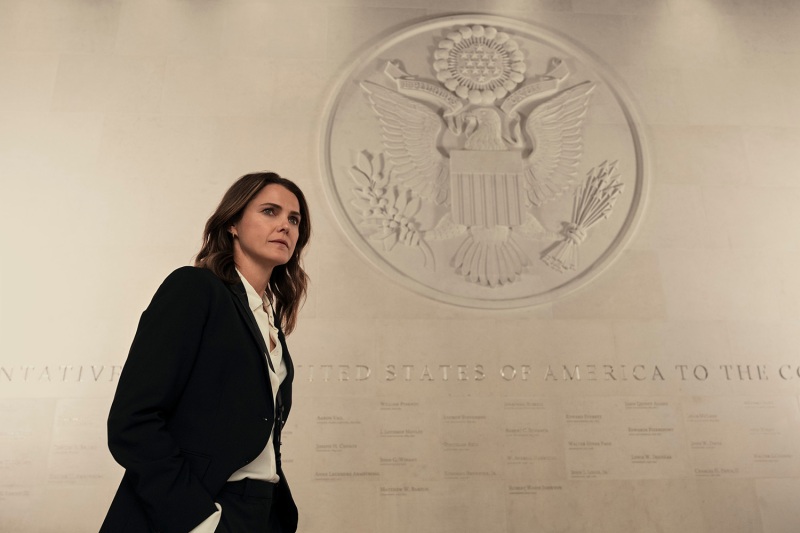

At Long Last, the Foreign Service Gets the Netflix Treatment
Keri Russell gets Drexel furniture but no Senate confirmation hearing.
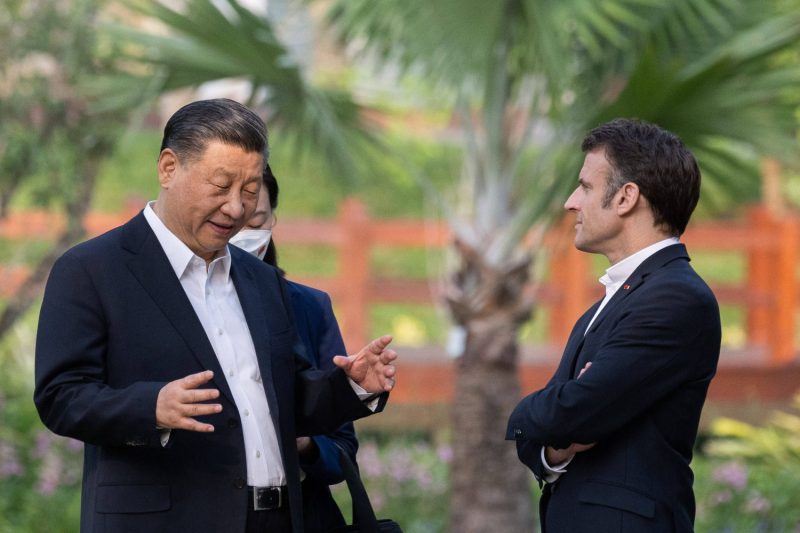

How Macron Is Blocking EU Strategy on Russia and China
As a strategic consensus emerges in Europe, France is in the way.
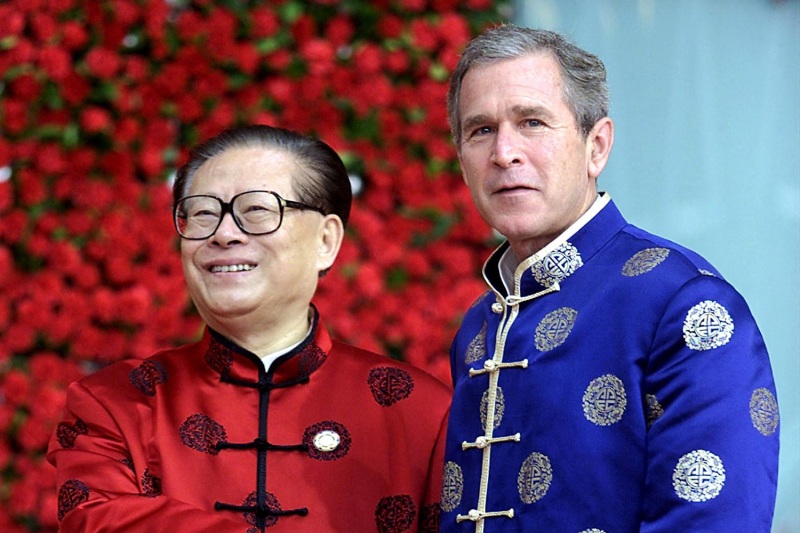

What the Bush-Obama China Memos Reveal
Newly declassified documents contain important lessons for U.S. China policy.


Russia’s Boom Business Goes Bust
Moscow’s arms exports have fallen to levels not seen since the Soviet Union’s collapse.
This article has been archived for your research. The original version from Foreign Policy can be found here.
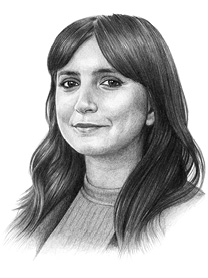
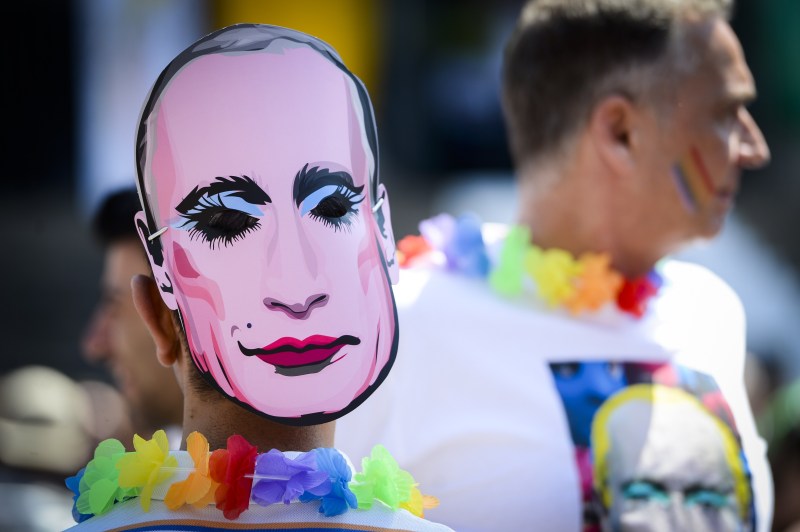
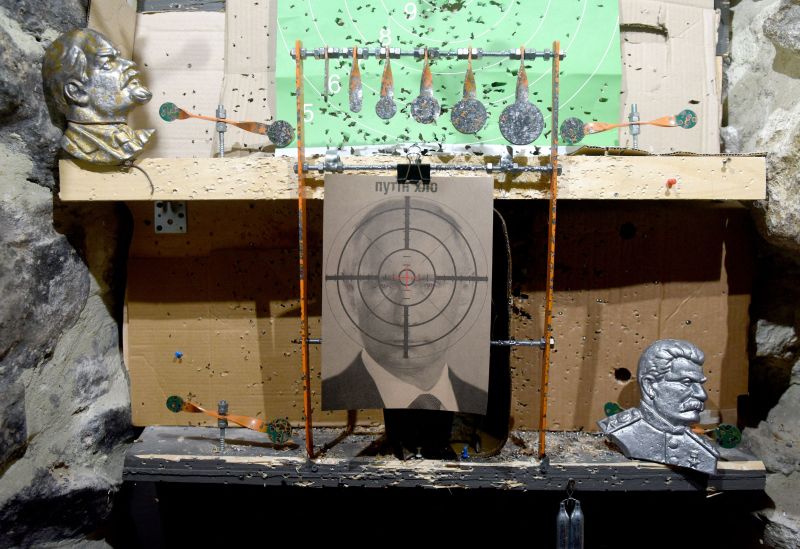
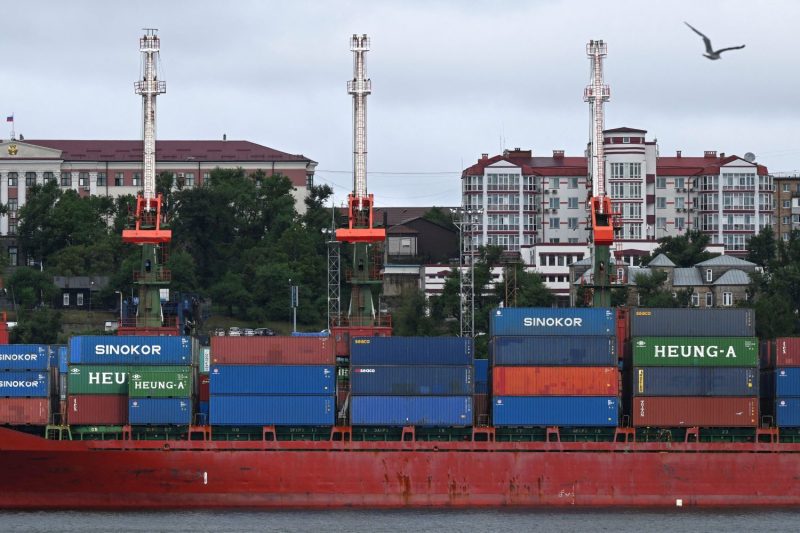
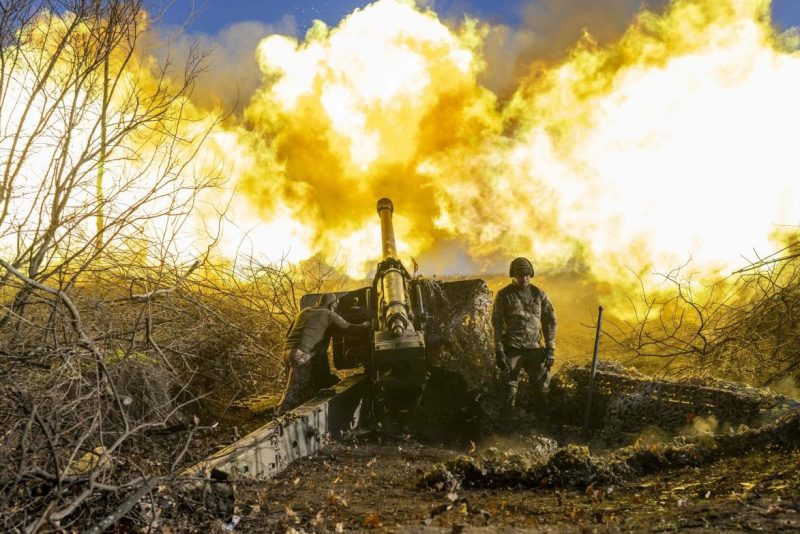



Join the Conversation
Commenting on this and other recent articles is just one benefit of a Foreign Policy subscription.
Already a subscriber? .
Subscribe Subscribe
View Comments
Join the Conversation
Join the conversation on this and other recent Foreign Policy articles when you subscribe now.
Subscribe Subscribe
Not your account?
View Comments
Join the Conversation
Please follow our comment guidelines, stay on topic, and be civil, courteous, and respectful of others’ beliefs.
Change your username:
Confirm your username to get started.
The default username below has been generated using the first name and last initial on your FP subscriber account. Usernames may be updated at any time and must not contain inappropriate or offensive language.